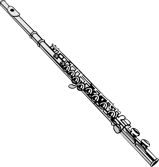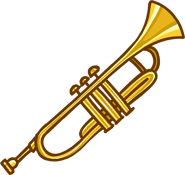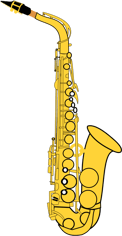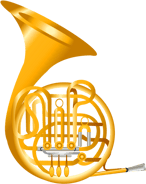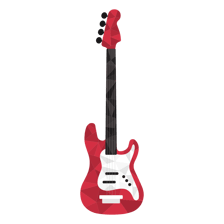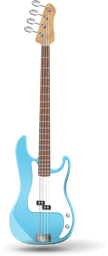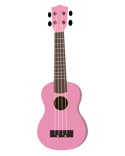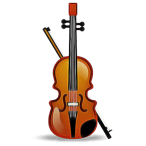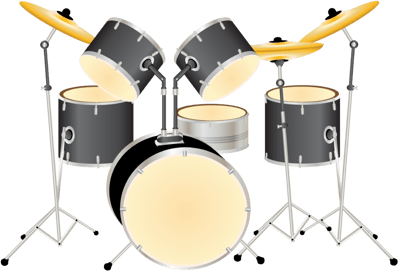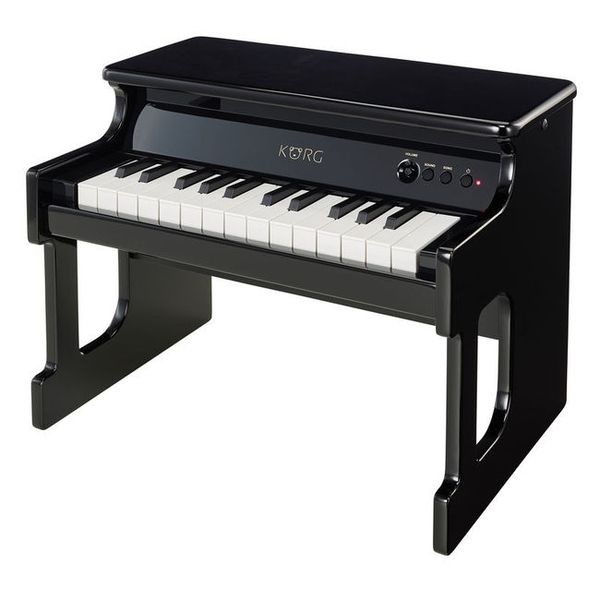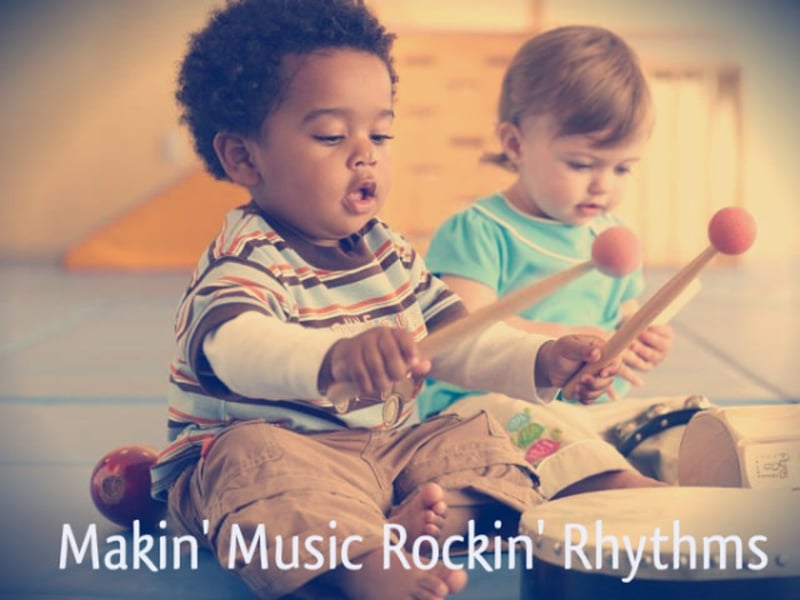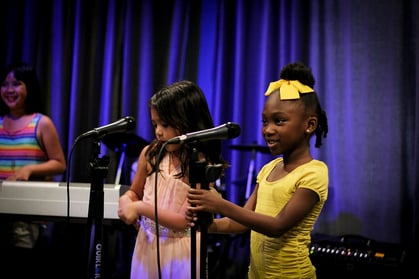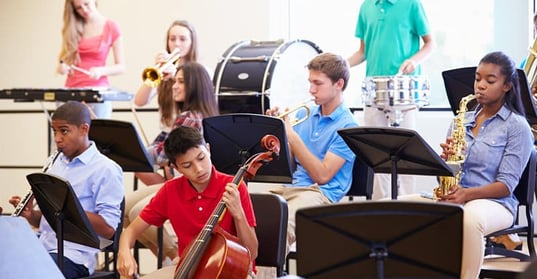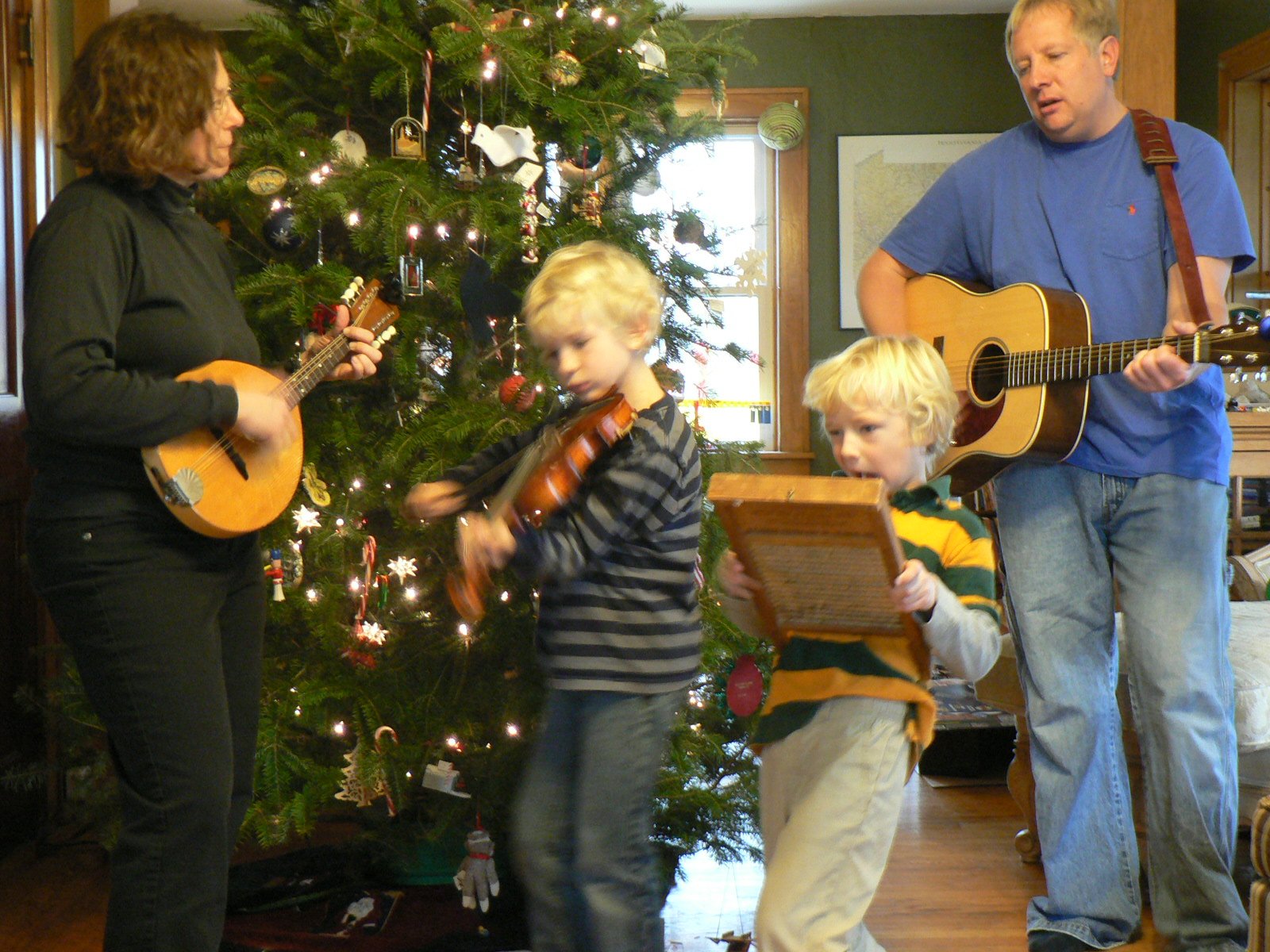There are Top 6 Reasons Why People Take Music Lessons. In this article, you will learn the general benefits of learning musical instruments, the specific benefits of each type, and the benefits of music in age groups.
Similar to: What Are the Effects of Music on the Brain?
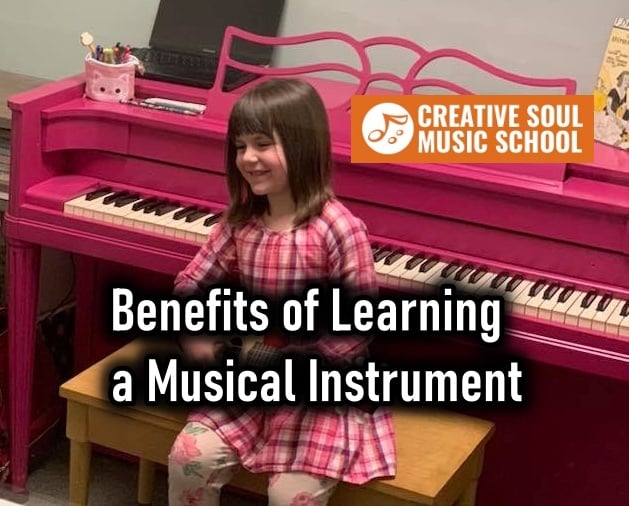
| JUMP INTO SECTION |
|
1. General Benefits of Learning Music Instruments 2. Specific Benefits of each instrument type: |
Similar to: Music Makes You Smarter: the Advantage of Music Lessons
Similar to: 7 Ways Every Child Can Benefit From Music Education
General Benefits of Music Instruments |
General Benefits of Music Instruments |
|
|
Similar to: 18 Beautiful Ways Music Affects And Benefits Our Brain
Specific Benefits of each instrument type: |
1. Wind & Brass Instruments |
We combined wind and brass instruments because they are both wind instruments in general. |
More about Wind and Brass Instruments:
Creative Soul Music Lessons in: Voice, Flute/Clarinet, Other Instruments
How many calories does singing burn? | Open Mic UK
| 2. Stringed Instruments |
|
Learning stringed instruments, like guitar, bass, ukulele, banjo, mandolin and harp, all share the same benefits called finger dexterity, genre and key familiarity.String and bow instruments like violin and cello, on the other hand, give you knowledge on how to handle the bow properly and know how to strike a key gracefully in notes. Each stringed instrument has a unique sound and keys, so it means you get to study various genres and pitches as well. Genres example: FUN FACT: There's a video where a bass played with a bow. It both sounded like a cello, violin, and guitar. Calories burned in stringed instruments:
|
More about stringed instruments:
Creative Soul Lessons in Guitar, Bass, Ukulele, Violin
How to Lose Weight Whilst Playing Guitar
3. Percussion Instrument |
|
Specific Benefits of Learning Drums:
|
More about drums:
How Many Calories Does Drumming Burn?
How to Learn Drums without a Drum Set
4. String and Percussion: Piano |
|
Specific Benefits of Learning Piano:
|
More about piano:
Can Playing Piano Help You Lose Weight?
Benefits in Different Life Stages: |
1. Babies (ages 0 to 2) |
|
Babies cannot talk yet, so their only communication is crying when they are hungry, cold, full, sleepy, angry, afraid, upset, lonely, sad and everything because they do not know the right words to say yet. For this reason, music is important for babies despite their young age to handle their noise lets you do more tasks.Music makes them:
|
More about music benefits in babies:
Children And Music: Benefits Of Music in Child Development | Bright Horizons
What is a Good Age to Start Music Lessons?
2. Toddlers (ages 3 to 6) |
|
|
Other benefits of music in toddlers:
The Importance Of Music In The Development Of Toddlers
Summer Lil' Soul Music Camps for Ages 3-6
3. Children (ages 7-12) |
|
Children's age is the most appropriate time for music lessons because they are fast learners and adaptable to learning.Benefits of learning an instrument among children:
|
Read more:
6 Developmental Benefits of Music For Young Children
SCREEN ADDICTION GROWS IN SUMMER | Creative Soul Music School
4. Teenagers |
|
Learning an instrument as a teenagers have benefits. According to Time, American teenagers have high levels of depression and suicide because of severe bullying at school, family issues, home violence. But studies found that music has a large factor to prevent these.Benefits of learning music among teenagers:
|
Other benefits of music in Teenagers:
The Positive Influence of Playing Music on Youth
5. Adults |
|
Adults are the fastest learners most especially the ones who are willing to study more. Reward yourself a fun skill after finishing a project at work or after a tiring arguement at home. Adults also experience depression and suicide attempts because of failed marriages, abusive partners, and financial crisis. So it's really important that a responsible working adult like you to have a stress-relieving hobby. Here are the benefits of learning music as an adult:
|
More music benefits in adults:
Benefits of Learning and playing music as adults | NAMM Foundation
Benefits Of Learning And Playing Music For Adults | Lesson Face
6. Retirees |
|
You're never too old to learn something new even at an old age. Other than reunion parties, dancing, and gardening, a music class is what you need to be happier. Some retirees, after the death of their loved ones, tend to be depressed and think about whether they are the next in line. And because of the lack of socialization among family members and friends, they isolate themselves and their illnesses can get worse. Benefits of learning an instrument during retirement:
|
Read more:
Should I Learn to Play an Instrument in Retirement?

-png.png?width=177&name=kisspng-clarinet-portable-network-graphics-clip-art-vector-w11-clarinet-general-kiwanis-music-festiva-5d2a7332d98af3-5104241215630630908911%20(1)-png.png)
